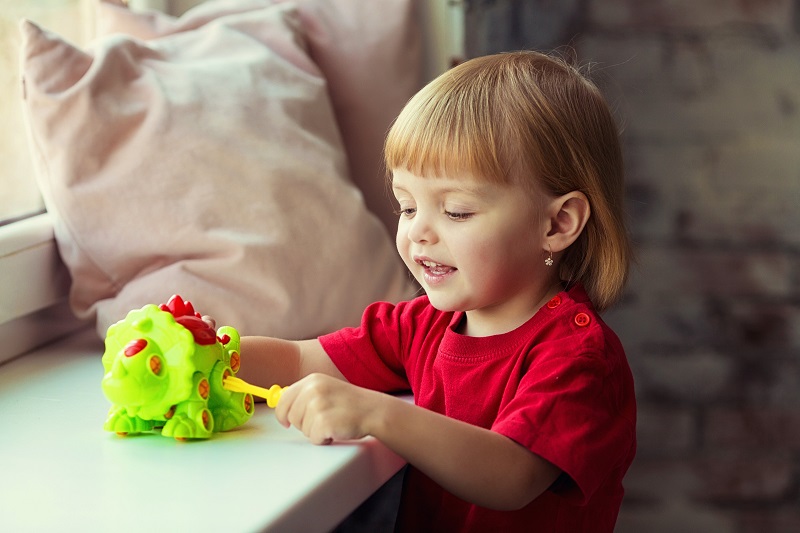
Children naturally progress at their own unique pace, but there are essential skills that experts anticipate them mastering at specific ages. These milestones, encompassing everything from speech to motor skills, serve as crucial markers in a child’s development journey. When youngsters struggle to achieve these milestones within the expected timeframe, concerns often arise among parents and caregivers. It’s a natural response, driven by the desire to ensure every child receives the support they need.
In this scenario, parents and primary caregivers play a pivotal role. They are the keen observers, the first to notice when something doesn’t quite align with the typical developmental trajectory. Their attentiveness and intuition enable them to discern subtle cues, potentially indicating developmental challenges. While it’s common for children to display variances in growth and learning, certain differences can be indicative of developmental delays or disabilities. Recognizing these signs early is crucial as it opens the door to timely intervention and specialized support.
Global Developmental Delay (GDD) is one such challenge that parents and caregivers may encounter. It’s a condition that impacts various aspects of a child’s growth, from cognitive functions to motor skills. Understanding how GDD affects the body and a child’s overall functioning is essential. By delving into these specifics, parents and caregivers can gain valuable insights, enabling them to navigate this journey with knowledge and resilience, ensuring every child receives the best possible care and assistance.
Fine and gross motor skill delay
Global Developmental Delay (GDD) poses significant challenges for children, impacting their ability to perform routine daily activities. GDD impacts the intricate coordination of fine motor skills, impeding tasks like grasping objects or handling utensils. Tasks that many take for granted, such as dressing, eating, and bathing, become intricate feats for children with GDD. These difficulties arise from atypical neurological development, affecting motor skills, coordination, and spatial awareness.
Speech and language skill delay
Global Developmental Delay (GDD) significantly hampers a child’s speech and language skills, causing notable delays. GDD often affects their ability to pronounce words clearly, grasp language nuances, and express themselves fluently. This delay, rooted in distinct neurological patterns, can impinge upon vocabulary growth and hinder the understanding of complex language structures. Furthermore, children with GDD might face challenges in using language appropriately in social contexts.
Delayed cognitive growth
Children with GDD often exhibit delayed milestones in areas such as problem-solving, memory retention, and abstract thinking. This delayed cognitive growth, rooted in distinct neurological processes, can affect their ability to grasp complex concepts and adapt to new information.
Sensory sensitivities
Global Developmental Delay (GDD) manifests in intricate ways, often weaving a tapestry of sensory sensitivities for affected children. Hyper or hypo-sensitivities to stimuli like touch, sound, taste, and light can create overwhelming experiences. GDD’s impact on sensory processing can lead to challenges in regulating emotions and responses to external inputs. For instance, a gentle touch might be perceived as intense, or background noise could be deafening. These sensitivities shape a unique sensorial world for each child, influencing their interactions and perceptions.
Secondary health concerns
Depending on the nature of the delays, children with GDD may face specific secondary health concerns. Respiratory problems, often linked to weakened muscle tone, can pose challenges. Additionally, GDD might lead to nutritional issues, impacting dietary intake and overall growth.
Your child’s development means how they learn and grow as they get older. It involves how they move, think, speak, and interact with others. Even though there are certain things most kids learn at particular ages, every child is different. If your child is slower in learning these things, it’s called a developmental delay.
Finding out your child has a delay might worry you, but there’s help.
Get in touch with the experts at Nurture Pods to learn how we can help support your child as they continue to learn and grow. With the right support, your child can do well and keep up with their friends.
Written by: Alex Liau
Published on 24 November 2023





